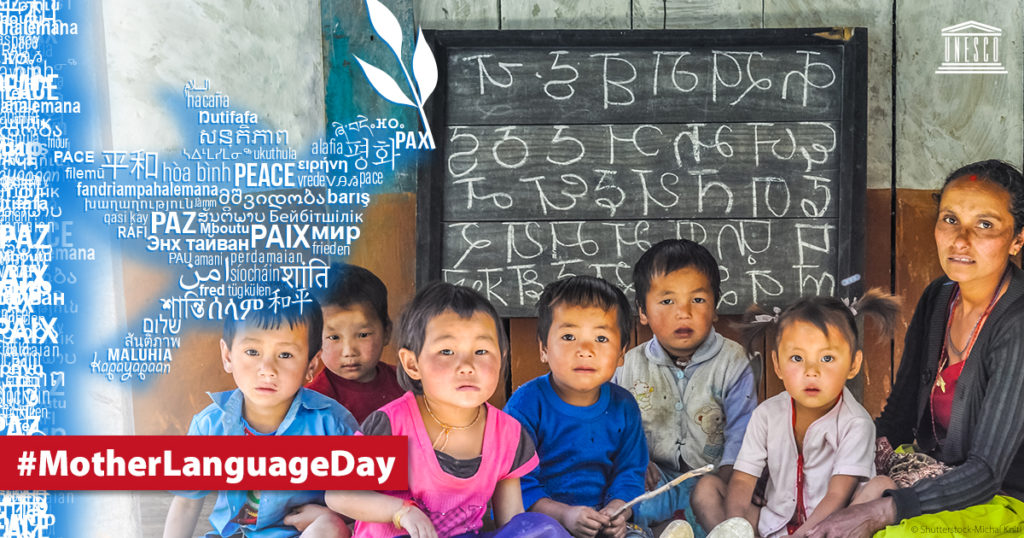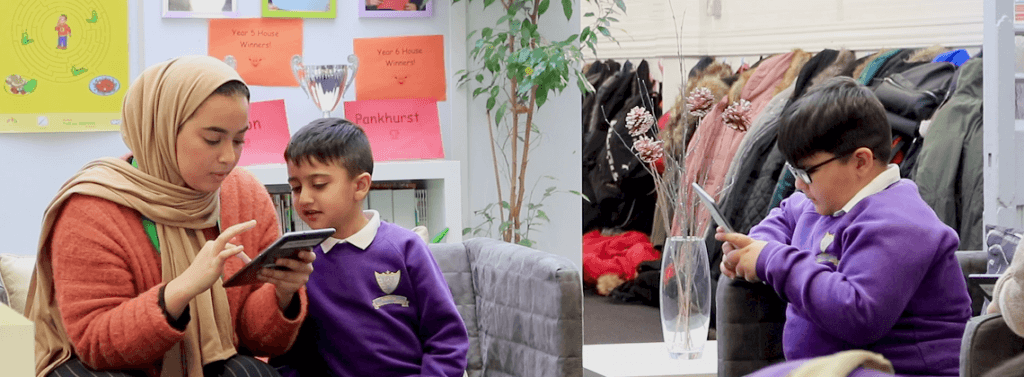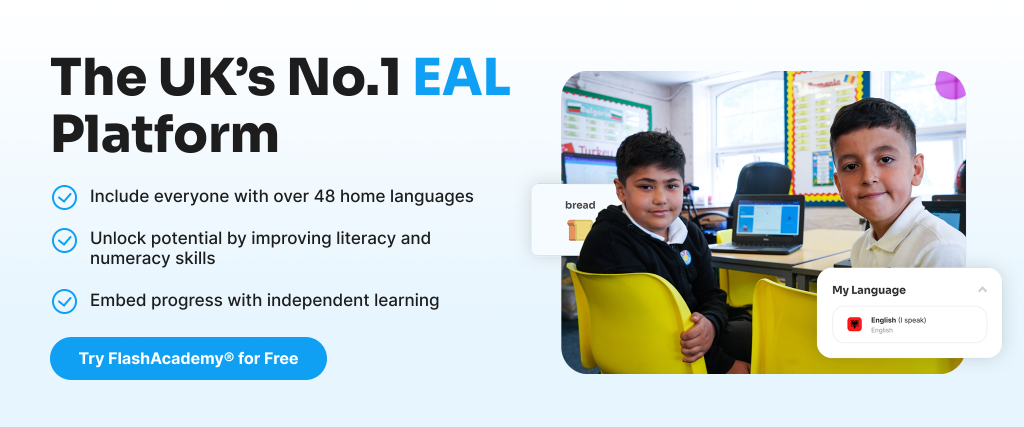

The 21st February is International Mother Language Day, a day that promotes the preservation and protection of all languages. This day was chosen to commemorate those who were killed during the 1952 Bengali Language Movement.
The movement was against the government’s decision for Urdu to be the sole official language. This decision ignored the Bengali-speaking population of East Pakistan (modern-day Bangladesh). Today, 40% of the world’s population do not have access to education in a language they speak or understand. International Mother Language Day is an opportunity to celebrate the world’s linguistic diversity.

Celebrating EAL home languages
There are over 1.5 million pupils in UK schools who speak English as an additional language. Proficiency in a home language is important for identity-building and community connections. Research shows that bilingualism does not negatively impact development. In fact, children who continue to maintain skills in their home language whilst learning English progress best in school. This is because children transfer spoken and written skills to English, which also helps when learning additional languages. The same research demonstrates that EAL pupils help improve the metalinguistic abilities of all pupils.

Encouraging home language reading can help EAL pupils to foster a love for literature. Reading poems and stories written in the reader’s home language can forge a stronger emotional connection. Pupils might also find texts written by authors who share their culture and language more relevant and relatable.
Learning English as a second language comes with its own unique set of challenges. FlashAcademy® has created free EAL learner profiles which include Arabic, Polish, and Urdu to address some of the unique challenges speakers of these learners might face when learning English and well as some recommended FlashAcademy® lessons.
Celebrating the beauty in all languages
Languages are representative of the history and culture of the people who use them. The very nature of untranslatable words shows that there is a concept in a culture that was deemed important enough to assign a unique word to it. For example, in Spanish, the word sobremesa refers to the time spent relaxing and chatting after a heavy meal. Whilst we have the same concept in English, sobremesas are perhaps not as frequent and therefore have not been named.

Languages also tell us more about anthropology. For example, the aboriginal language Guugu Yimithirr uses geographic directions (north, south, east, west) rather than egocentric directions (left and right). Someone might say that the house is ‘south’ of a tree, rather than a house being to the ‘right’ of a tree. The accuracy in the geographic directions shows that humans must have an awareness for directions, an inbuilt compass, that was perhaps not evident from egocentric languages.
Celebrating International Mother Language Day
However, these clues about history, culture, and humanity could be lost as more languages are in danger of disappearing. 230 languages became extinct between 1950 and 2010. 2019 was the International Year of Indigenous Languages and building on that, 2022 to 2032 is going to be the decade of indigenous languages. So why not celebrate International Mother Language Day by starting your language-learning journey? You can learn one of the UK’s vulnerable languages, Welsh, through the FlashAcademy® app or perhaps open students’ eyes to the rich linguistic diversity in the world using FlashAcademy®’s Object Translator.


